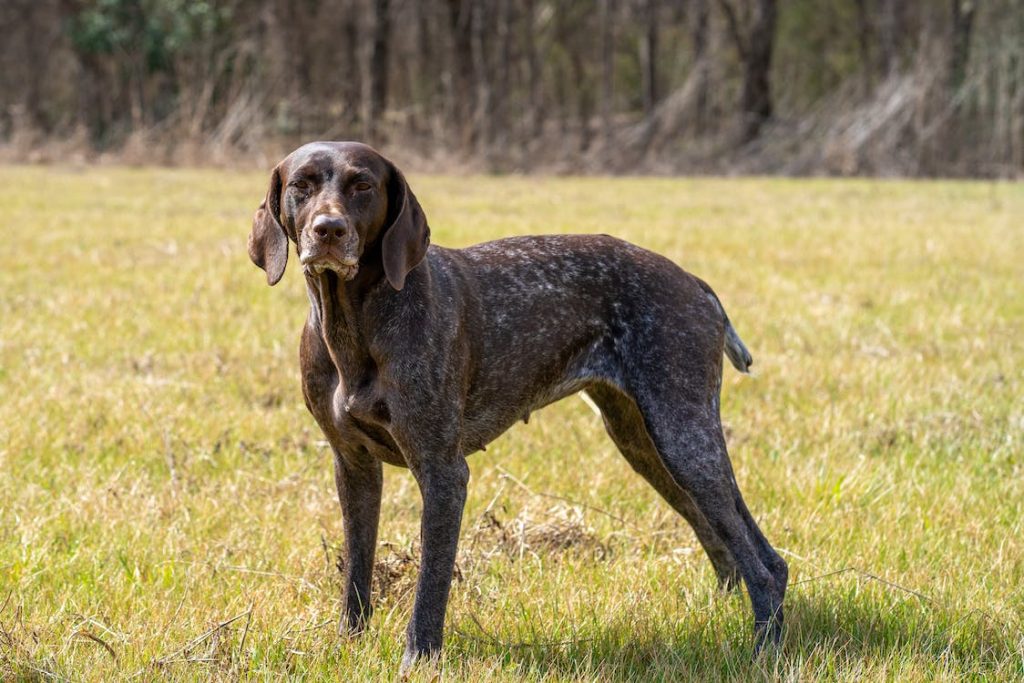Dog Food, Dog Health, Dogs
How to help your dog gain weight
Just like us, dogs can sometimes be underweight. This can be for a variety of reasons and if you have concerns, we recommend talking to your dogs vet if you have concerns for expert advice specific to your dog.
What are the signs that your dog is underweight?
For your doing to lead a happy, healthy and active life, it is essential to help them maintain a healthy body weight. With a visual & physical inspection, you can generally see if your dog is underweight:
Look at your dog’s coat
Has your dog’s coat lost its shine? Your dog’s coat is a good indicator of his or her general health, including their weight.
Feel your dog’s Ribs
Whilst your dog is standing, run your fingers over their rib age, if you do not feel much between their skin and their ribs, then this is a good sign that your dog may be underweight.
Feel your dog’s spine
As with the ribs, run your hand over your dog’s spine gently, if your dog’s bones are protruding with little to no flesh on top of his or her vertebrae, then the chances are that your dog is underweight.
Why is my dog losing weight?
They may be losing weight for a number of reasons, and understanding these reasons may help your dog gain the weight back to his or her recommended size. Possible reasons can include:
- They are stressed (for example a rescue);
- a fussy eater;
- recovering from an illness for example;
- not feeding enough;
- be feeding a lower quality food;
- have some dental problems.
How do I help my dog gain weight?
The first port of call is to evaluate the possible reasons, some of which are listed above. One method is to ensure your dog is eating a balanced, nutritious, and wholesome meal. The other is to change the frequency and amount of food you feed. For example, instead of feeding 2 larger meals in a day, try feeding 3 smaller meals. You may also want to change your dog’s food or add a spoon of meat as a “topper” to add some extra taste and moisture. You want to avoid feeding your dog “large” meals per sitting due to the way that your dog will digest his or her food.
How to choose dog food to gain weight?
Not all foods are created equally. You want to make sure that your dog’s food is a complete meal, meaning they are getting all the nutrition they need. We recommend looking for good quality, premium dog food, these contain more of the essentials that your dog needs and often have a higher calorific content. Often, the food you give is often more important than the amount you give. An added advantage of premium food is that it will be more easily digestible, meaning that your dog again, has a higher benefit.
As your dog gets older, the needs also change, and having quality food for that stage of life is also important. Puppy food to food for seniors is all formulated for those specific life stages.

